
Beyond the Megillah
Purim usually brings laughter, but this year the news from the Middle East feels particularly heavy. As we watch regimes shift and sirens sound, how do we find the genuine courage to celebrate? I have been reflecting on the resilience of our friends in Israel and the humbling grace of the Baha'i community. Let us hold onto hope and one another as we navigate these uncertain days together.
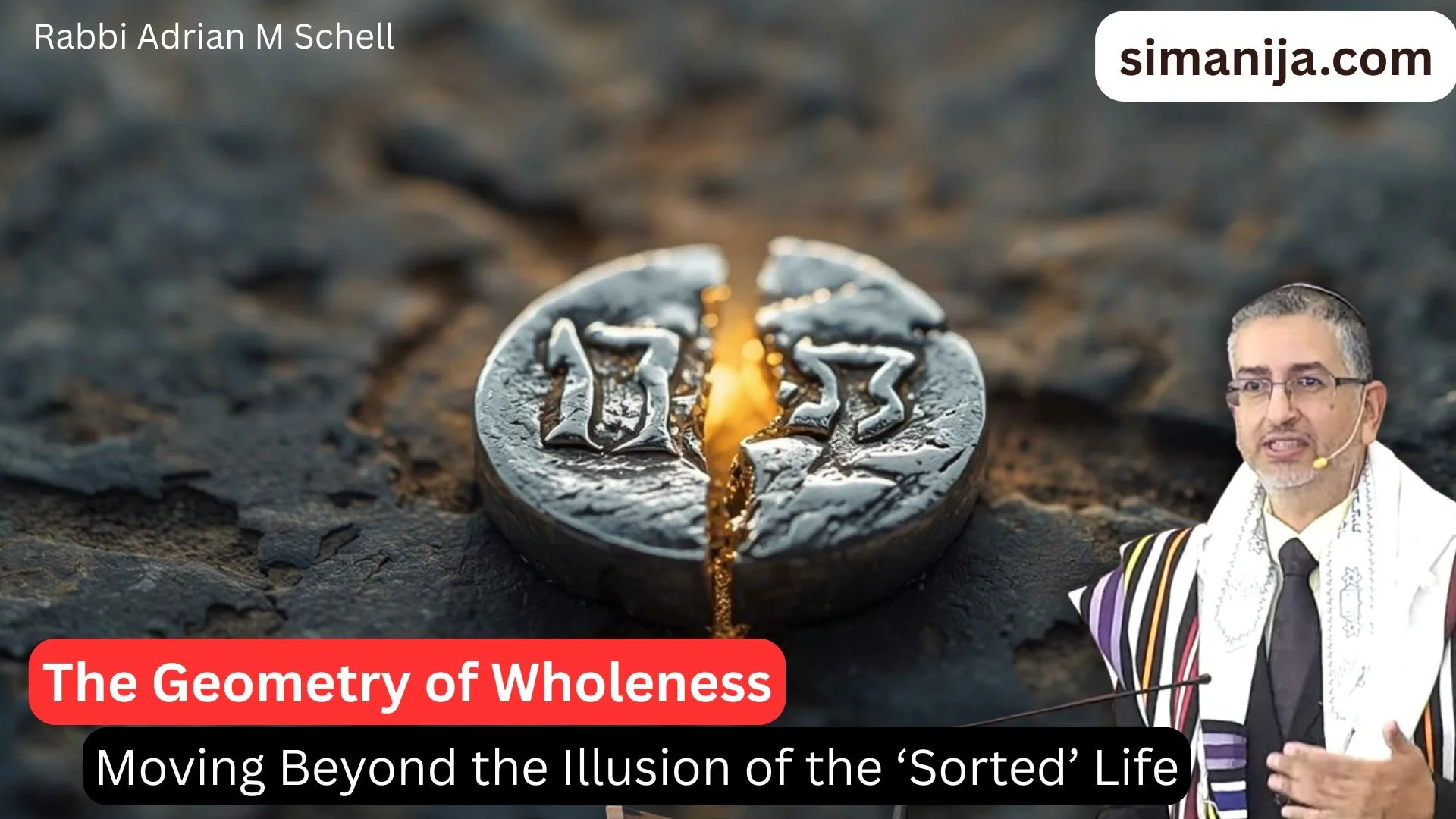
The Geometry of Wholeness
In a world that prizes the "finished" individual, the Torah offers a provocative alternative: the half-shekel. By requiring a contribution that is intentionally incomplete, the mitzvah suggests that we cannot arrive before the Divine entirely on our own. Rabbi Adrian explores how our modern obsession with self-reliance can lead to isolation, and why the "grammar of connection" found in our civil laws is the true key to a holy society. To be a community of half-shekels is to admit that our gifts are only complete when they are shared.

Memory as a Sacred Obligation
The silence left behind by the stopped hostage clock is not the joyous quiet of a struggle won, but the heavy stillness of a cycle closed. In Parashat Beshallach, we read that Moses took the bones of Joseph with him out of Egypt. Even in a life or death escape, the leader of our people stopped to ensure no one was left behind. We do not leave our dead in the narrow places. This Shabbat, we hold space for the silence, honouring the persistence of a people who insist on the dignity of every soul and the sanctity of every name.
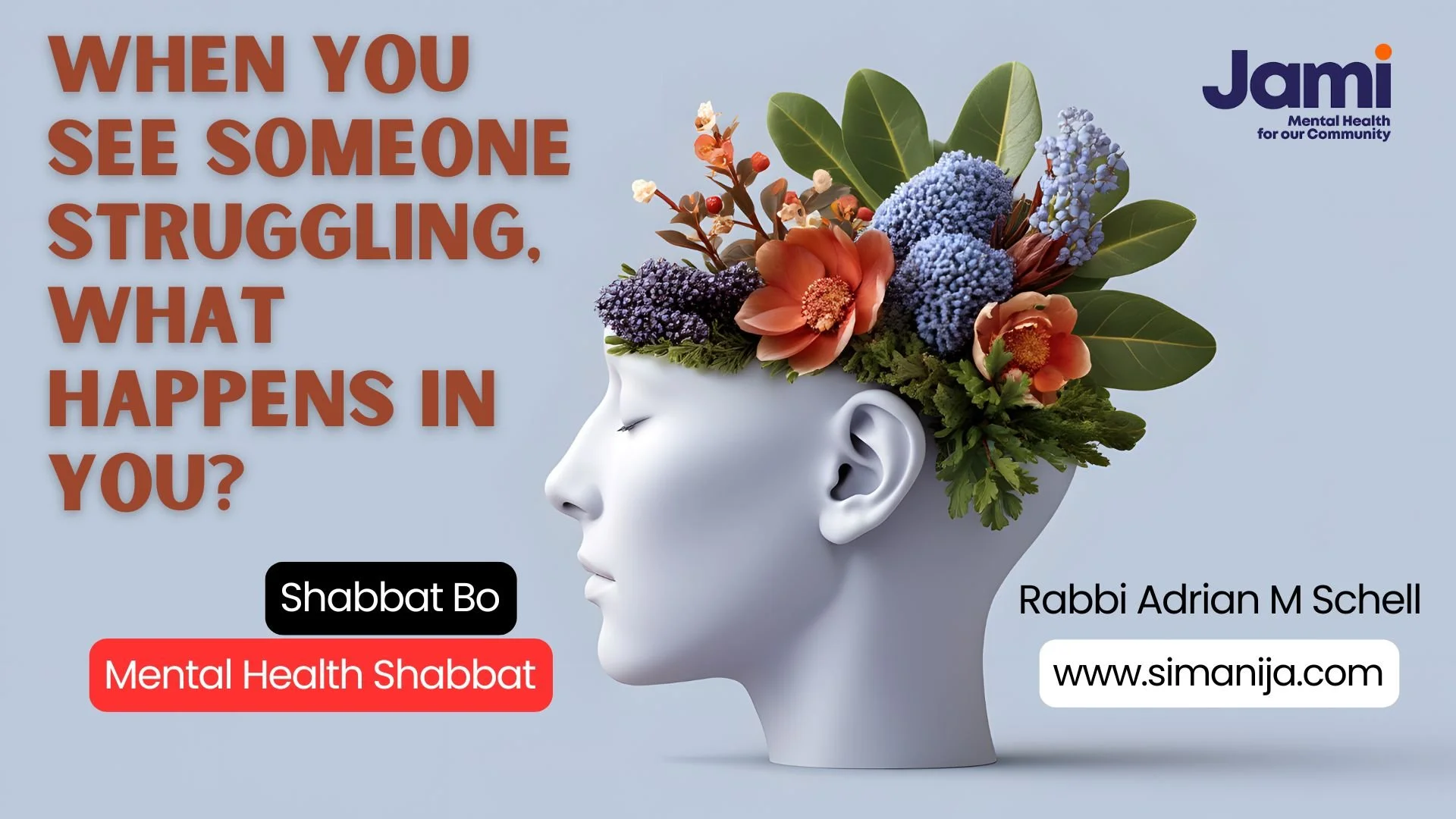
The Weight of Witnessing: Why Your Heart Feels Heavy for Others
Looking at the 10 plagues at the beginning of the Exodus narrative, I think they not only strike Egypt but also pass through the Israelite houses as sound, fear, and memory. The Israelites may be spared some of the blows, but they still live with the cries in the night and the knowledge of what is happening next door. Their identity is shaped not only by their own suffering, but by what they have witnessed in others.
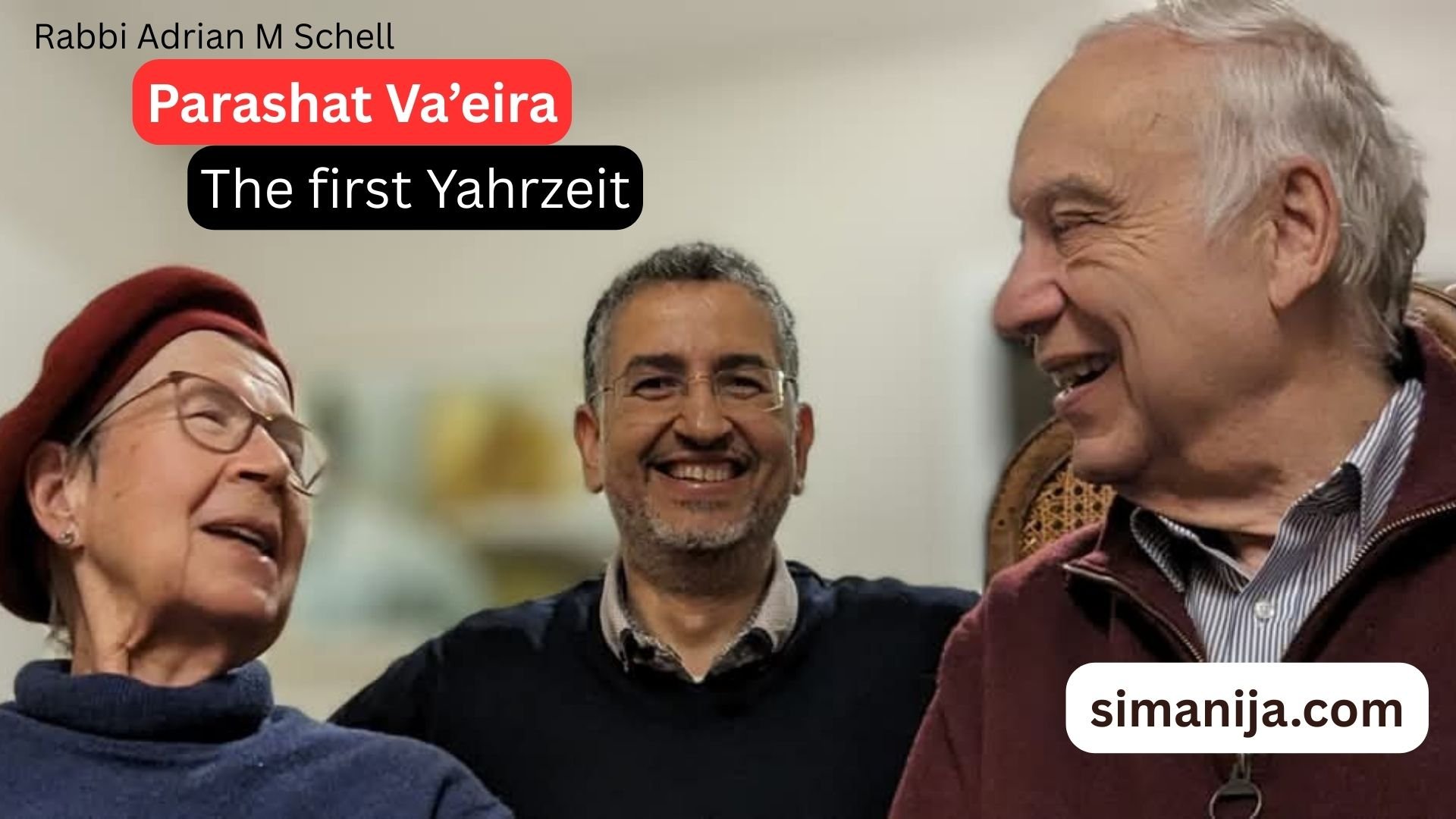
A Letter to Myself: Reflections on my father’s first Yahrzeit
In the twelve months since my father’s passing, our community has accompanied around twenty individuals on their final journeys. For a rabbi, walking with the bereaved is a constant, but this year the weight of it felt different. There was a strange, heavy resonance between my private study, where I sat with my own grief, and the living rooms where I sat with yours. My own loss acted as a sort of spiritual tuning fork. I was no longer just a narrator of tradition; I was a fellow traveller.
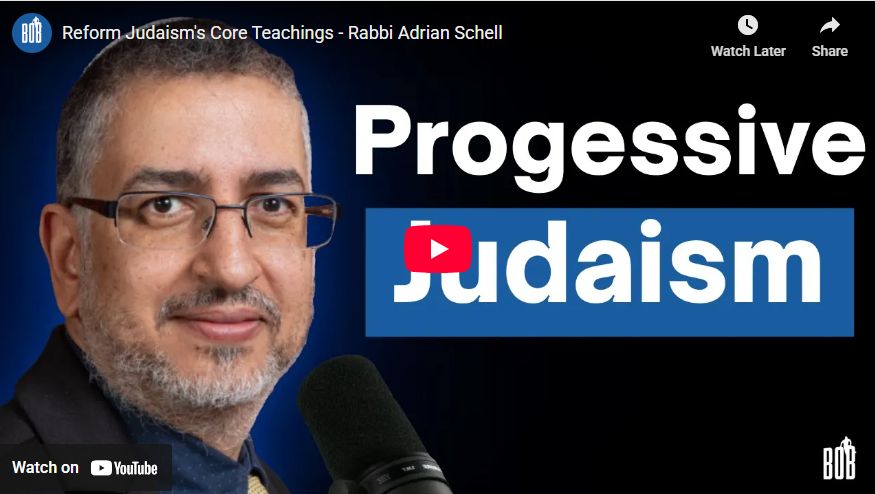
Exploring Faith and Autonomy
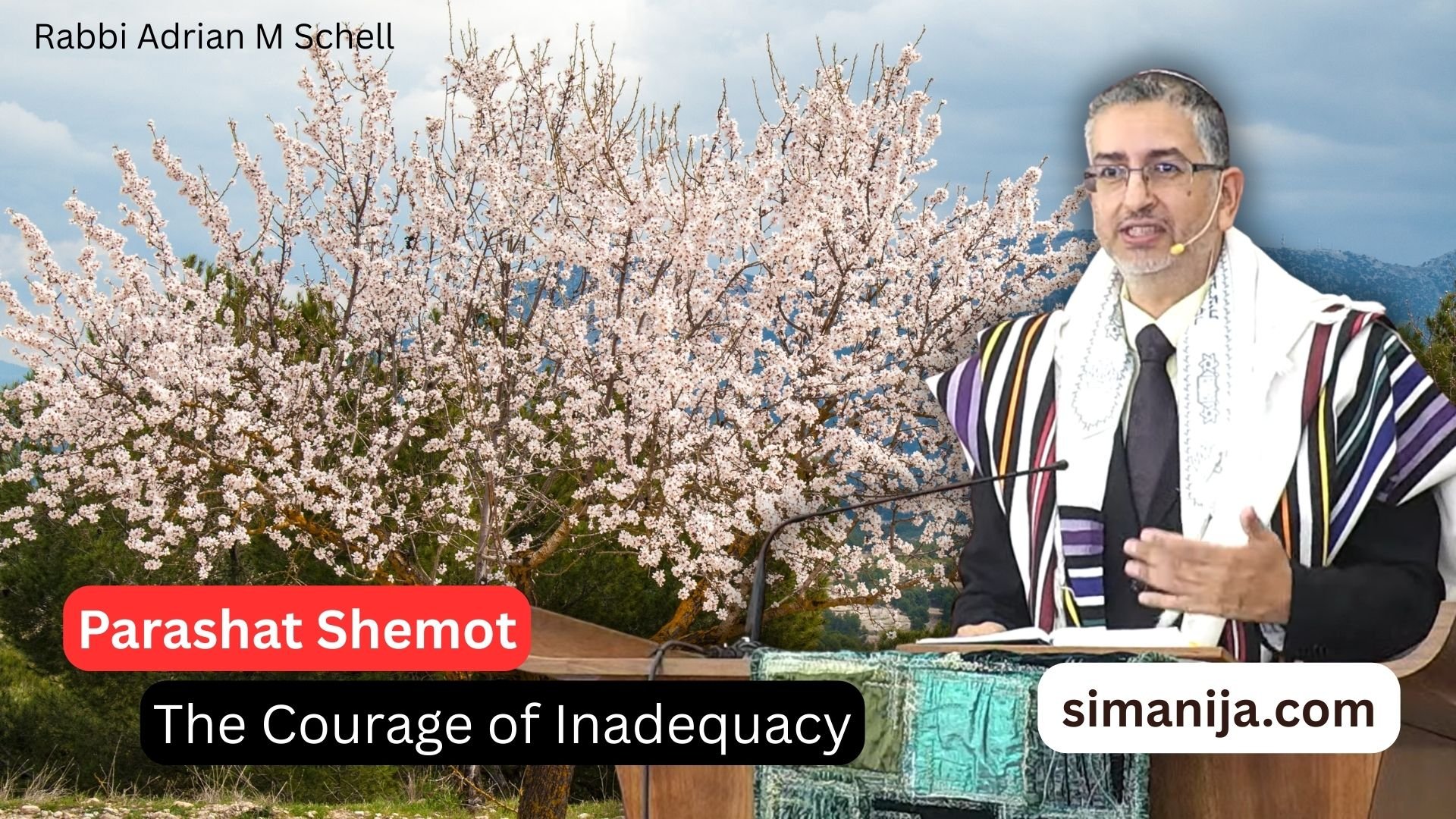
The Courage of Inadequacy
We often imagine the great biblical leaders as individuals of unshakeable confidence. We tend to picture the cinematic version of Moses, standing fearless before Pharaoh, or the booming voice of a prophet thundering against corruption. Yet, when we look closely at the texts appointed for this Shabbat, we find something far more human, fragile, and reassuring.
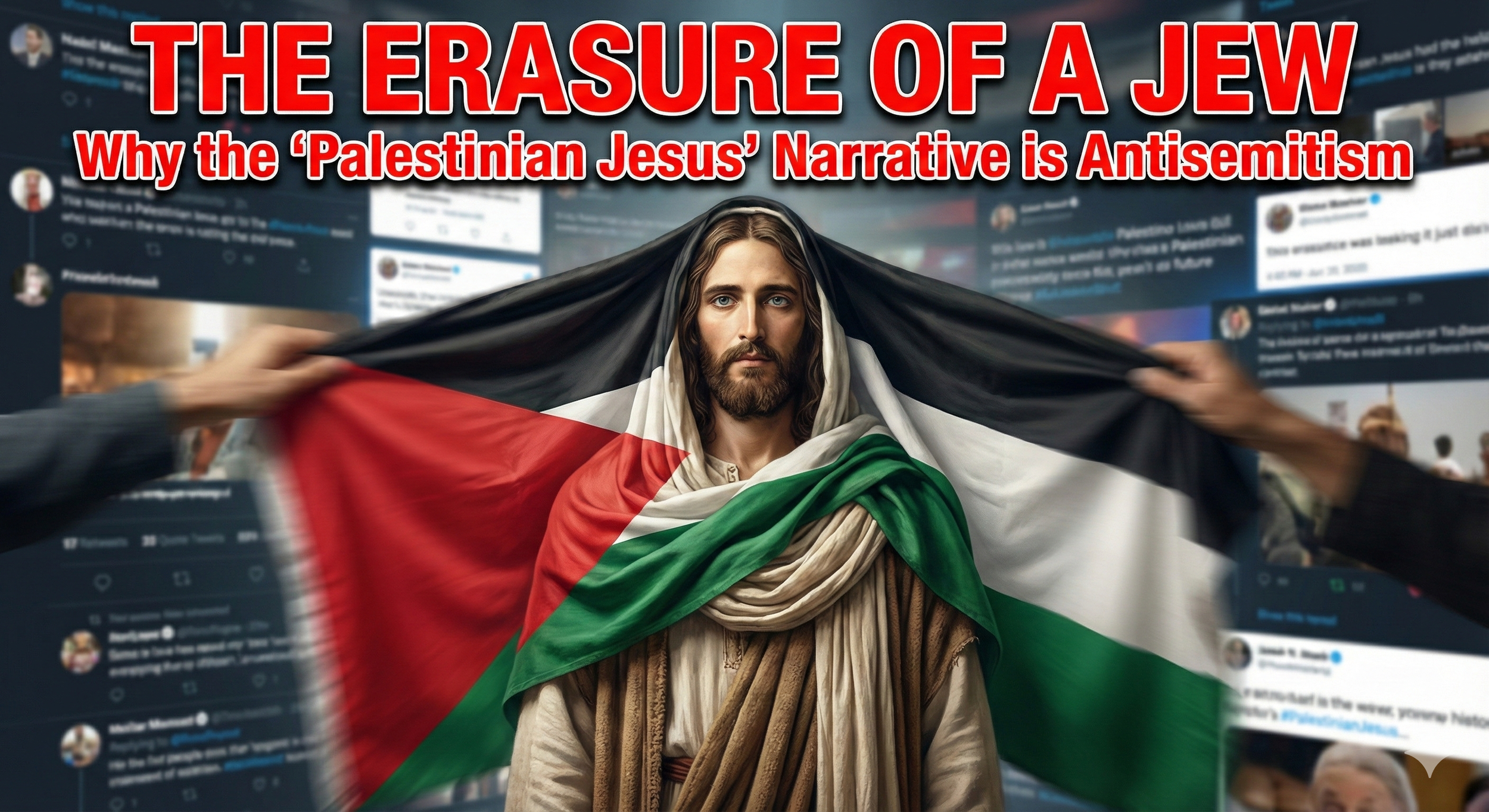
The Theft of Memory: Why the "Palestinian Jesus" Narrative is Antisemitism
From the billboards of New York City to the viral feeds of our social media, a troubling narrative has taken hold this holiday season. The claim that "Jesus was a Palestinian" is being repeated with increasing confidence, often framed as a gesture of solidarity with the oppressed. Yet, beneath this veneer of social justice lies a dangerous revival of an ancient hatred.
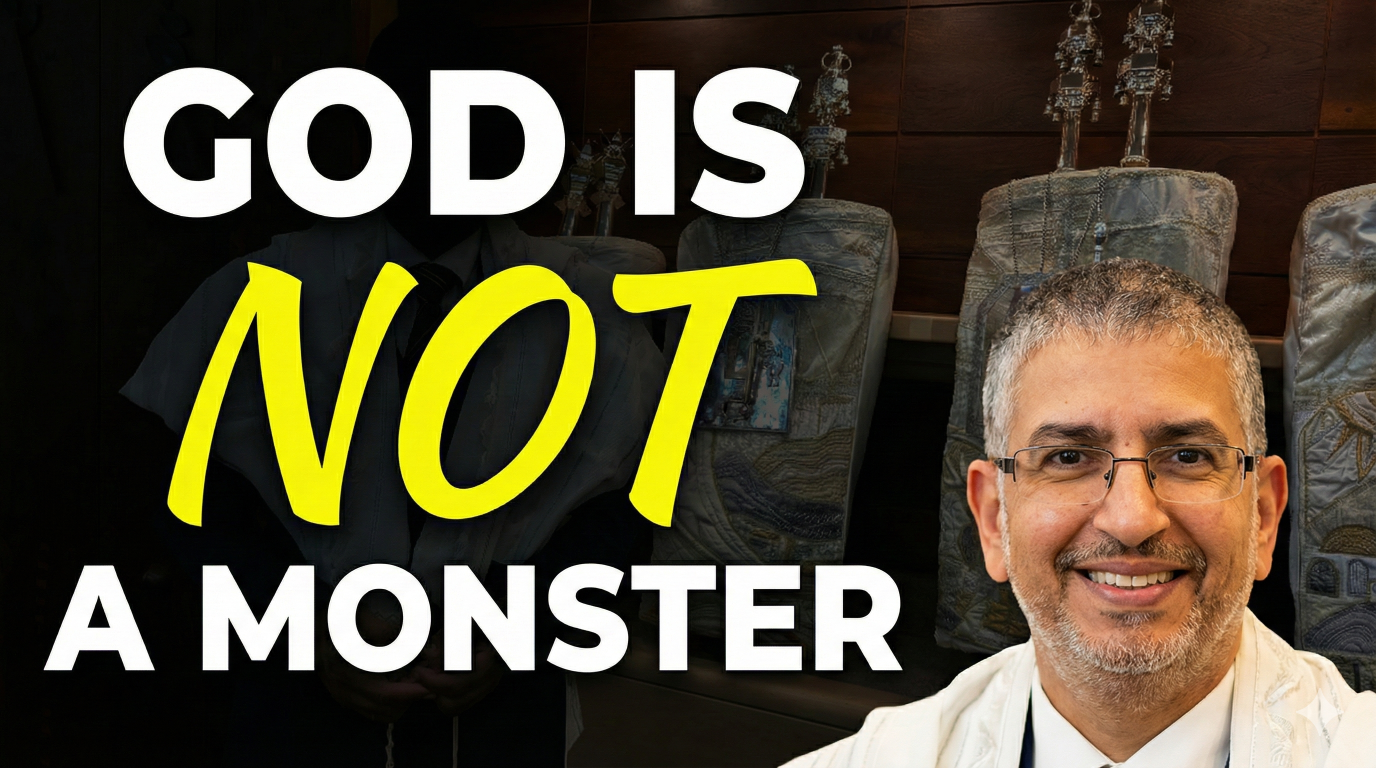
God is Not a Monster
How do we find a meaningful Jewish response to the Sydney terror attack? In this week's sermon on Parashat Mikeitz, Rabbi Adrian (Wimbledon Synagogue) challenges the idea that tragedy is part of a divine script. If we claim that everything happens for a reason, we risk portraying a "Puppeteer God" who is cruel. Instead, we explore why God is not a monster and how Jewish theology calls us to look for the Divine not in the tragedy itself, but in our absolute refusal to accept evil created by humans. This video explores the story of Joseph, the limits of human control, and how to maintain faith when the illusion of safety shatters.

At the End: Finding God After the Chaos

May our light outshine their hatred.
It seems that all too often in recent years, just as we prepare to kindle the lights of a joyful festival, a shadow is cast over our celebration. The news from Sydney this morning is shocking, heartbreaking, and feels incredibly close to home, despite the distance. …
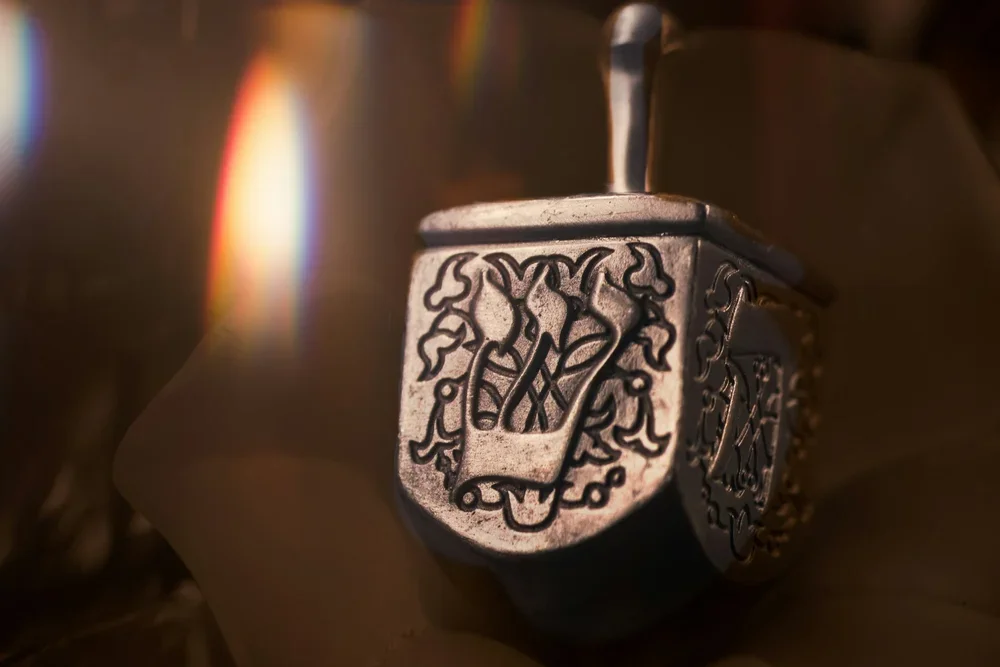
The Festival of Contradictions

Stop Creating Monsters
Rabbi Adrian Schell welcomes Secretary of State Steve Reed to Wimbledon Synagogue for Shabbat Vayishlach. This sermon explores the spiritual antidote to populism by connecting it to Jacob’s wrestling with Esau. In this crucial discussion of faith and politics, the Rabbi challenges us all to see the humanity in the 'other'—the refugee, the opponent, or the stranger—and reject the language that builds monsters. A call for social justice and progressive ethics in a divided world.

Have You Only One Blessing?
Reflecting on a recent visit to a Buddhist temple and the narrative of Parashat Toldot, I explore the tension between spiritual scarcity and abundance. While the story of Jacob and Esau suggests a finite amount of blessing—where one brother’s gain is the other’s loss—a progressive theology reminds us that an Infinite God cannot run out of love. This post examines how we can celebrate our own Jewish uniqueness without invalidating the truths held by our neighbours, moving from a fear of "not enough" to a recognition that the Divine has enough blessing for all.

Our Civic Covenant: Faith and Democracy
In a time of deep societal division and rising anxiety, Rabbi Adrian Schell delivers a powerful address for Civic Shabbat, "A Covenant of Courage."Drawing on the ancient call to Abraham in Parashat Lech Lecha and the prophet Micah's vision of peace, Rabbi Schell explores the urgent challenge of our time: the breaking of our "civic covenant". He confronts the corrosive effects of populist language and the resurgence of antisemitism, arguing that these are not just political issues, but a profound moral crisis that threatens the soul of democracy itself.This sermon is a call to reject the politics of grievance and instead answer the timeless call to "go forth, not to conquer, but to kindle". It is a powerful reminder that in the face of fear, our greatest strength lies in our shared commitment to decency, justice, and one another.

The Lonely God and the Creation of Relationship

How Can We Rejoice? A Sukkot Message Two Years After October 7th
My sermon for Erev Sukkot addresses a direct and painful collision in the Jewish calendar: the beginning of 'z’man simchateinu', the season of our joy, falls on the exact second anniversary of the October 7th atrocities. It explores how the sukkah itself, with its flimsy walls and lesson in vulnerability, will not let us hide from this echo. This year, those walls are a stark reminder of the vulnerability imposed on so many. The sermon grapples with how we can possibly celebrate in the face of this memory, the ongoing hostage crisis, and the fresh grief from the recent antisemitic attack in Manchester. The message redefines Sukkot's joy not as a distraction, but as an act of defiance, resilience, and sacred memory—a way to honour those who no longer can, by choosing to build, gather, and sing because we remember.

Probabilities Don't Hug You Back: A Neilah Sermon for a World Without Guarantees
This Neilah sermon begins with a story from the town of Chelm, where a drought has caused a crisis of faith, and the people demand proof that God is listening. Into this debate steps Jossele, who argues that while he can't be certain about God, he knows that a life of kindness, forgiveness, and charity is a good life in itself. This sets the stage for the final, honest hour of Yom Kippur, when we must choose how to live without guarantees. The sermon is a call to live with "doubt in the head, faithfulness in the hands" , holding our values high even when the future is unknown and letting our hearts lead us through the gates.

The Town of Stopped Clocks: A Kol Nidrei Message on Forgiveness and Time
This sermon for Kol Nidrei begins with a story of a town where every clock is stopped at the precise moment of a deep personal hurt. This powerful metaphor explores how we all carry "stopped clocks" in our own hearts—frozen moments of resentment where we have defined ourselves, and others, by their worst mistakes. The service of Kol Nidrei and the work of teshuvah (turning) are presented as the spiritual keys to restarting time. This is a message not about forgetting the past, but about finding the courage to believe that change is possible, to allow our stories to move forward, and to take the small, brave step of winding just one clock.

